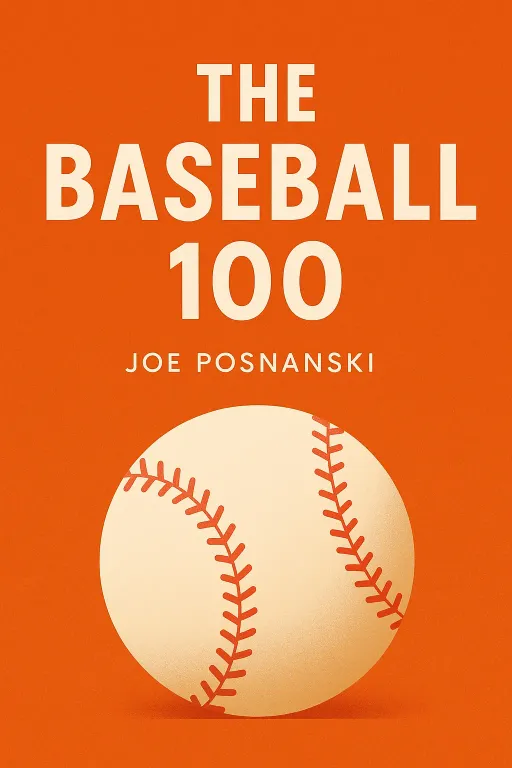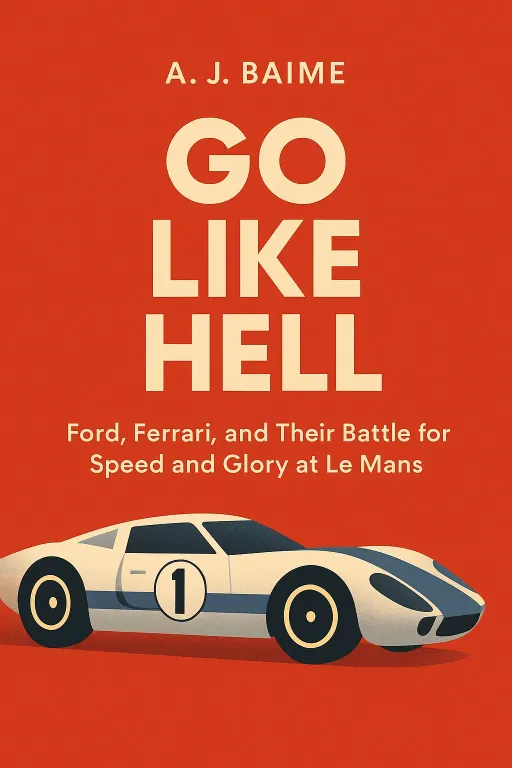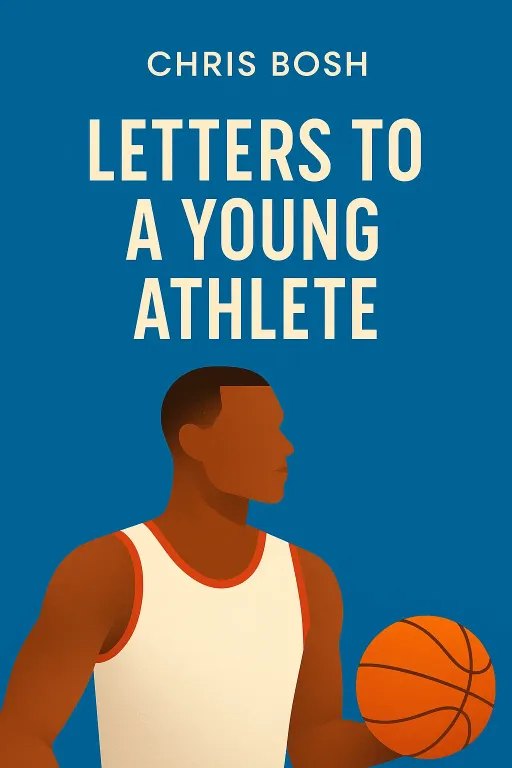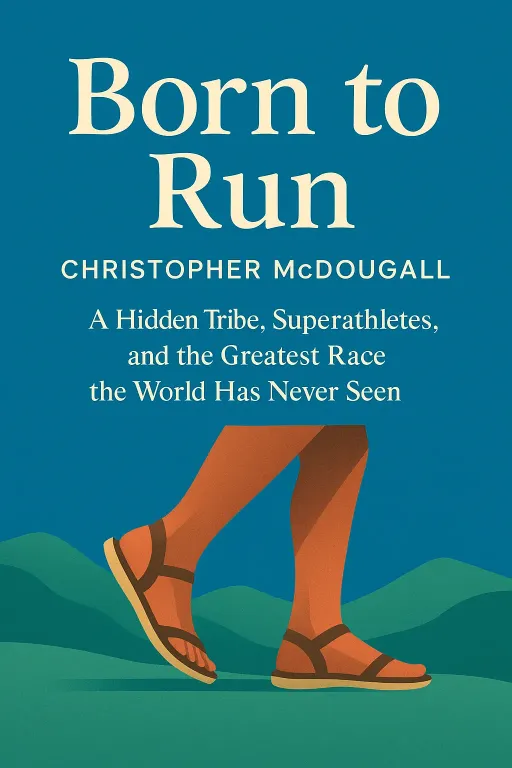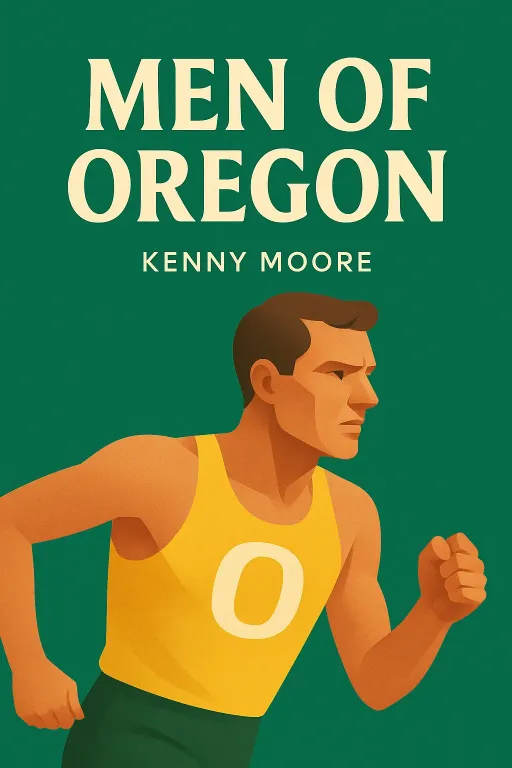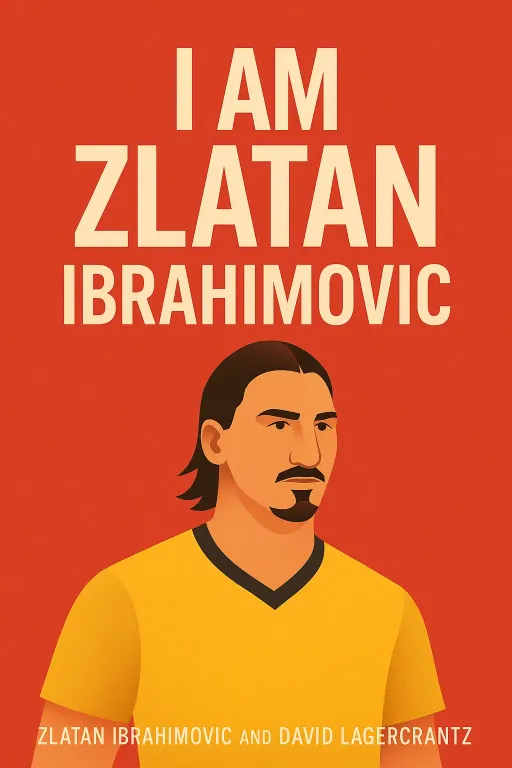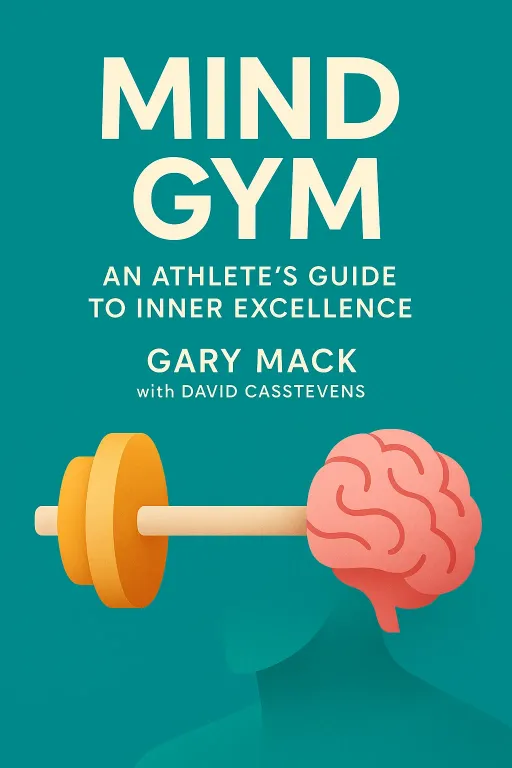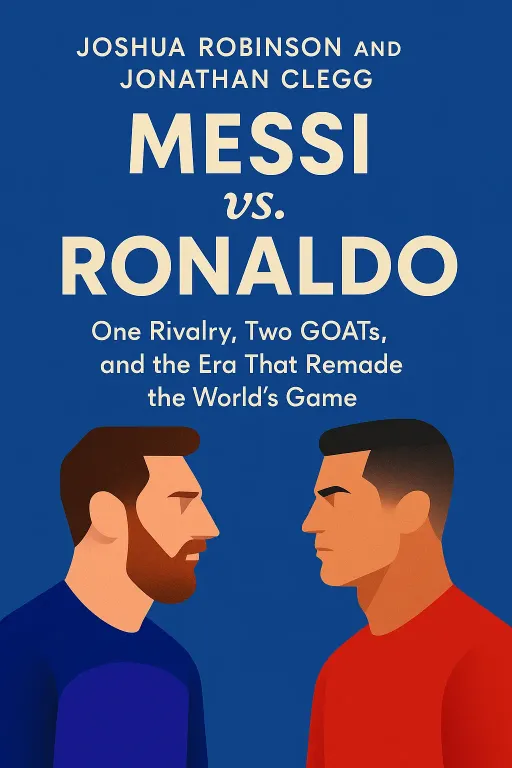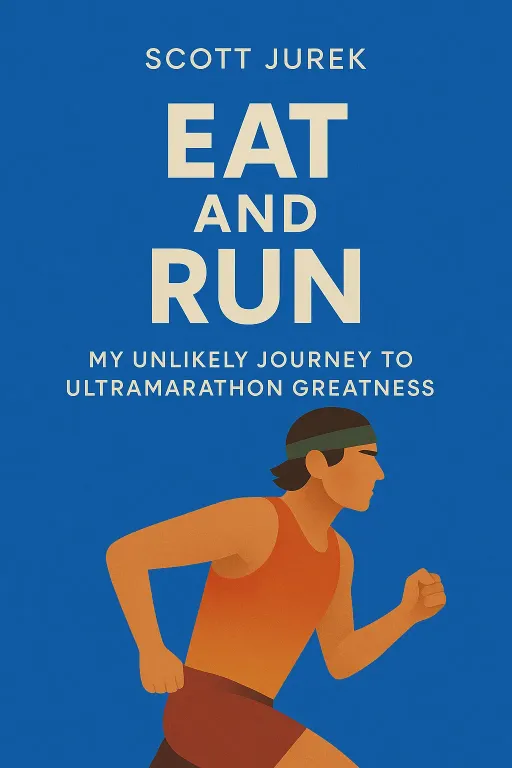
Eat and Run
8 minMy Unlikely Journey to Ultramarathon Greatness
Introduction
Narrator: Imagine being 70 miles into a 135-mile race through Death Valley, the hottest place on Earth. The temperature is a blistering 120 degrees Fahrenheit. Your body has given up. You’re collapsed on the side of the road, vomiting uncontrollably, every muscle screaming in protest. For Scott Jurek, one of the world's most dominant ultramarathon runners, this was not a hypothetical nightmare; it was his reality during the 2005 Badwater Ultramarathon. At that moment, a seven-time champion was on the verge of quitting, his mind and body utterly broken. How a person reaches such a point of collapse is one story, but how they find the will to get back up is the heart of his memoir, Eat and Run: My Unlikely Journey to Ultramarathon Greatness. The book reveals that the secrets to Jurek's extraordinary endurance were not found in conventional training manuals, but in the lessons of a difficult childhood and a radical, plant-based diet.
The Foundation of Endurance is Forged in Unlikely Places
Key Insight 1
Narrator: Scott Jurek’s legendary toughness was not cultivated on a high-tech training track, but in the woods and yards of his blue-collar childhood in Proctor, Minnesota. His father, a man of few words and immense discipline, instilled in him a simple but powerful philosophy. When a young Scott would complain about the endless, grueling chores—stacking massive woodpiles in the freezing cold or clearing rocks from the garden under the hot sun—his father’s response was always the same: "Sometimes you just do things."
This wasn't a suggestion; it was a worldview. It was a lesson in accepting responsibility and persevering through difficult, often unpleasant tasks without complaint. This mantra became the bedrock of Jurek's mental fortitude. He learned to find a rhythm, even a sense of joy, in repetitive, physically demanding work. This upbringing, combined with the emotional hardship of watching his mother slowly decline from multiple sclerosis, taught him how to suffer, how to endure, and how to keep moving forward when every instinct tells you to stop. These early experiences unknowingly prepared him for the immense demands of ultramarathons, teaching him that the ability to endure discomfort was a skill that could be learned and strengthened long before he ever ran his first race.
The Body's Fuel is as Critical as its Engine
Key Insight 2
Narrator: For most of his early athletic career, Jurek subscribed to the conventional wisdom that an athlete, especially an endurance athlete, needed meat for protein and strength. His diet was typical for his Minnesota roots: meat, potatoes, and whatever was on hand. The shift to a plant-based diet was not sudden but a gradual awakening, spurred by a series of pivotal moments. One such moment came during his work as a physical therapy intern. He watched in dismay as hospital patients, sick and in need of healing, were served trays of highly processed, nutritionally bankrupt food like Salisbury steak and instant potatoes. He made a profound connection: food wasn't just fuel, it was a matter of life and death.
This realization pushed him to explore vegetarianism and, eventually, a fully vegan lifestyle. He discovered that, contrary to popular belief, he could get all the protein and nutrients he needed from plants. More than that, he found his new diet gave him a competitive edge. His recovery times shortened dramatically, the chronic soreness that plagued him after long runs vanished, and he felt lighter and stronger than ever. Jurek’s journey demonstrates that what an athlete eats is as crucial as how they train. His plant-based diet became his secret weapon, allowing his body to withstand and recover from the brutal punishment of running hundreds of miles at a time.
True Limits are Mental, Not Physical
Key Insight 3
Narrator: Jurek’s core philosophy on endurance can be summarized by a line from a Robert Frost poem he often quotes: "The best way out is always through." This principle was never more tested than during the 2005 Badwater Ultramarathon. After collapsing at mile 70, he was ready to give up. His body had shut down, and his mind was filled with doubt. His support crew tried to coax him, but he remained on the ground, defeated.
The turning point came with the arrival of his old friend and pacer, Dusty Olson. Seeing Jurek in a state of self-pity, Dusty didn't offer gentle encouragement. Instead, he delivered a dose of harsh reality, yelling, "You're not gonna win this fucking race lying down in the dirt. C'mon, Jurker, get the fuck up." Those words, though brutal, were exactly what Jurek needed. They jolted him out of his stupor and reignited his competitive fire. He got up, and though he felt terrible, he started moving. He went on to not only finish the race but to win it, setting a new course record. This experience became the ultimate proof of his belief: the body will almost always have more to give, but it is the mind that must grant it permission.
Competition Reveals Character, But Community Defines the Journey
Key Insight 4
Narrator: As Jurek accumulated victories, including an unprecedented seven consecutive wins at the prestigious Western States 100, his perspective on running began to evolve. Initially driven by a fierce desire to win and prove himself, he started to find deeper meaning in the shared experience of the sport. This shift is powerfully illustrated by his experience at the 2006 Western States, where he was not a competitor but a pacer for his friend, Brian Morrison.
Jurek pushed Brian relentlessly, guiding him into the lead. But in the final mile, just yards from the finish line, Brian’s body gave out. He collapsed on the track, disoriented and unable to stand. Jurek and another pacer helped him to his feet and across the finish line, but because he had received assistance, Brian was disqualified. The event was heartbreaking and controversial, with some criticizing Jurek for pushing his friend too hard. For Jurek, it was a profound lesson. He realized that how one competes—with integrity, focus, and heart—mattered more than the victory itself. In subsequent years, he made a point to stay at the finish line of races for hours, greeting every single runner who crossed, celebrating their journey and acknowledging their shared struggle. He learned that while competition reveals a person's will, it is the community and the mutual respect among runners that truly define the spirit of ultrarunning.
Conclusion
Narrator: The most important takeaway from Eat and Run is that extraordinary feats of endurance are not the product of superhuman talent, but of a deliberate and disciplined approach to both fuel and fortitude. Scott Jurek’s story demystifies greatness, showing that it is built piece by piece: through the resilience learned from childhood hardship, the clean energy derived from a plant-based diet, and the mental decision to push through pain when the body begs to stop. It is a testament to the idea that our perceived limits are often just suggestions, not non-negotiable barriers.
The book leaves us with a powerful challenge, one that extends far beyond the world of running. It forces us to ask: What are the self-imposed limits in our own lives? We may not be running 100 miles through the mountains, but we all face moments of exhaustion and doubt. Jurek’s journey prompts a vital question: When you find yourself metaphorically collapsed on the side of the road, what will be the thing that gets you back on your feet?
